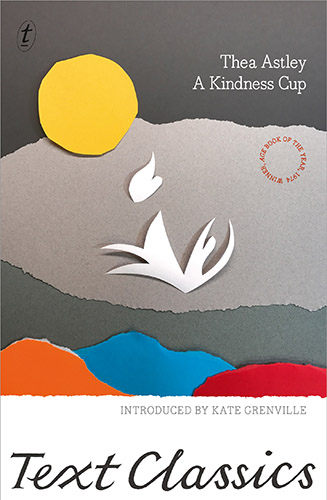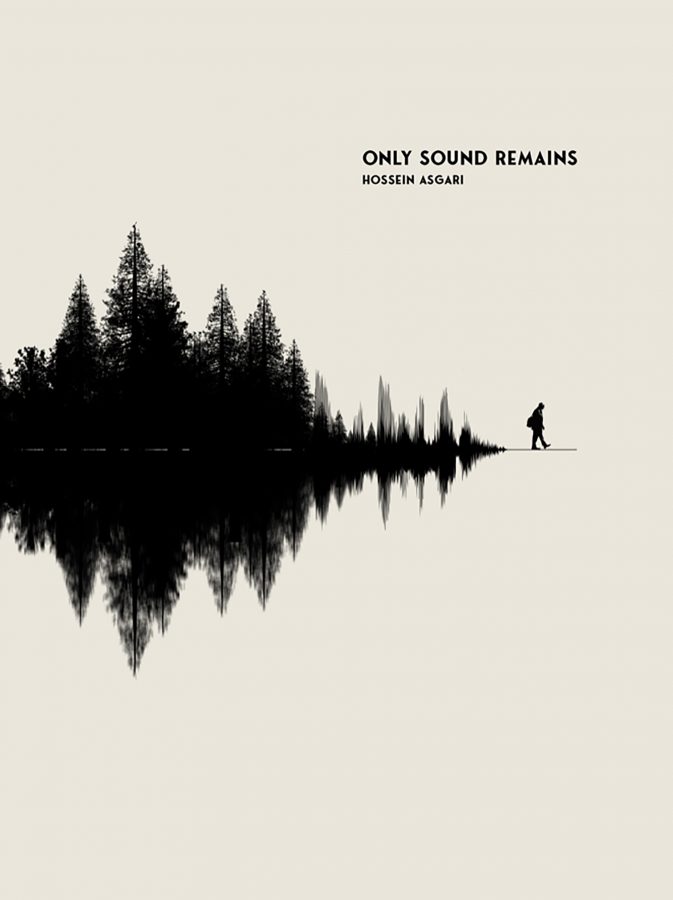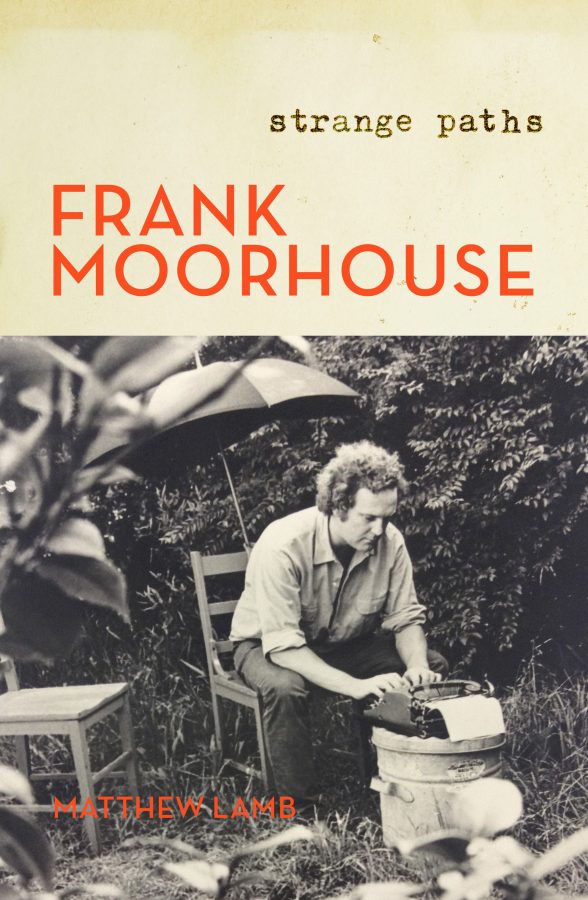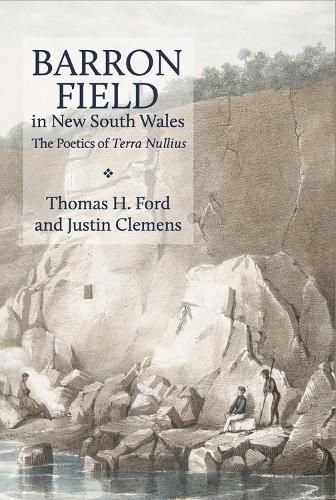The first book of Thea Astley’s I read was A Kindness Cup, which was published in 1974. Rereading it in the early 2000s I was awed at how ahead of her time she was. Thirty years beforehand she had known what some of us were only just waking up to: that our own history provides a powerful engine for fiction, and that the voice of fiction can say the unspoken about that history.
The received wisdom about Australian history when I was growing up was that we didn’t have any. The best we could come up with were the explorers doggedly dying in search of that inland sea, the convicts, the gold rushes. The invention of the stump-jump plough seemed to be one of our greatest achievements. We’d had no kings and queens, no invasions, no wars.
Except that we did, of course. We’d had an invasion, and we’d had a war lasting many generations. But by a semantic sleight of hand, it was possible to erase those events from the record. We called the invasion of Australia by Europeans ‘discovery’ and ‘settlement’, and we called the guerrilla war waged by Aboriginal people ‘attacks’. (Nineteenth-century newspapers quaintly called that war ‘outrages and depredations by our sable brethren’.) By doing nothing more than choosing one set of words over another, and making sure they were bland words, we concealed what happened with amazing effectiveness.
Researching early Australian history, I became interested not only in the events, but in the voice used to record them, and what that voice did to the events. One of the incidents that caught my ear was an account of the first punitive raid against Aboriginal people, in December 1790. The governor’s gamekeeper was speared to death and the governor decided to retaliate. Here is how he described what he thought should happen:
The Governor, in order to deter the natives from such practices in future, has ordered out a party to search for the man who wounded the convict in such a dangerous a manner on Friday last…in order to make a signal example of that tribe…
A party consisting of 2 captains, 2 subalterns, and 40 privates from the garrison (with a proper number of non-commissioned officers), with three days’ provisions, is to be ready to go out tomorrow morning at daylight, in order to bring in six of those natives who reside near the head of Botany Bay, or if that should be found impracticable, to put that number to death.
This is more dramatic than the stump-jump plough. But look at how hard the governor has worked to leach the interest out of it. That last paragraph lulls the reader into somnolence with its punctilious enumerations: the captains, the subalterns, the privates; the provisions, the leaving at daylight. It sounds like a dull school camp.
Even when it gets to the point, the language is as uninteresting as possible. The men are to ‘bring in’ the natives. They might bring in the washing while they’re there, too. And what about ‘impracticable’: ‘to bring in six of those natives…or if that should be found impracticable, to put that number to death’. Such a reasonable word—how can you argue with it? And the point to which all this leads—just an afterthought really: ‘or…to put that number to death’. To put to death—how impersonal this is, in its passive voice, and what a fine quasi-legal loftiness it has. Somewhere embedded in that phrase ‘to put to death’ is the suggestion that such a killing is justified, the way an execution could be considered justified—it’s sad, but necessary, even inevitable.
But beyond these bland words, think of the pictures. Some fifty armed men are to go to the head of Botany Bay and capture six Aboriginal men. There’s no way of identifying the one who speared the gamekeeper, so any ones will do.
The soldiers would have to try to surround them, perhaps chase them: fifty soldiers galumphing through the bush with their three days’ provisions bumping up and down on their backs. Once they caught the men, they would have to tie them up. At least two soldiers would have to hold each Aboriginal man while another couple got the ropes around him. To get the job done, the soldiers would have to more or less embrace them. There would have been biting and clawing, violence eyeball to eyeball.
But if that wasn’t ‘practicable’, the soldiers would have to kill them. Shooting from a distance, with those hopeless old muskets, would have only winged them at best. In order to ‘put them to death’, the soldiers would have to come in close and shoot again at point-blank range. That meant they’d have to shoot wounded men who were lying on the ground looking up at them. Even then, they wouldn’t all die instantly. The soldiers would have to watch, and listen, as the six Aboriginal men died. That was the reality behind those calm little words ‘are to be put to death’.
The language the governor uses is also a feat of smoke and mirrors mathematically. The soldiers are to go out, at the start of the extract, ‘to search for the man who wounded the convict’—that is, one man. By the end of that same sentence the aim is to ‘make an example of the tribe’—the whole lot of them. Specifically, by the end of the statement, six people are to be brought in. All that fine language fudges the reality, which was that one dead European was considered to be worth the lives of six ‘natives’.
Watkin Tench was the captain put in charge of this operation, and he left his own account of his instructions. Only this chance fact allows us to know the even more horrific reality behind the governor’s orders.
Tench tells us that he was to go to Botany Bay and so on, as above: ‘we were, if practicable, to bring away two natives as prisoners and to put to death ten.’ He haggled with the governor and got that number reduced to six. Then, quite casually, he tells us something the governor hadn’t thought to mention in his official account: after killing the men, Tench says, ‘we were to cut off and bring in the heads of the slain: for which purpose hatchets and bags would be furnished.’
Again, this language makes a moment of high drama about as interesting as the instructions that come with the toaster. Scrupulously grammatical: ‘for which purpose’. Splendidly bland: ‘cut off and bring in’. Exquisitely impersonal: the bags ‘would be furnished’. It’s the language of a good quartermaster, making sure the troops have everything they need. Socks, food, water, bags for severed heads.
A reader listening for irony might find it in the very fact of that language. Tench gives us a kind of one-way screen: the words reveal, but they also obscure. You search for a tone of voice, and begin to wonder, how hard did Tench really try to creep up on the Aboriginal people so he could use those hatchets and bags?
But Tench, like the governor, is not prepared to record in writing the reality of what was being proposed. Let’s say the six Aboriginal men are dead. The flies are starting to get bad. A soldier is picking up one of the hatchets. He has to line himself up and get up close, to get a good go at the neck. Necks are tough things, all that bone and muscle—he has to hack away. How many times would he have to chop at that still-warm human body?
Then someone would have to hold the bag open while he picked up the head—by the hair would be most ‘practicable’, I suppose—and stuffed it in. After that, someone would have to carry the bag on the long walk home. Would you hold it in your hand by the drawstring, like a bag of shopping, swapping from hand to hand as your arm got tired? Or would you tie it onto your knapsack and feel it bumping against the backs of your legs all the way home?
Two accounts of this proposal have been left in the record. The careful, precise, neutral language of both versions draws us into accepting the unacceptable. This seemingly reliable language lulls us into a kind of collusion. It all sounds perfectly reasonable, until you tear through the screen of words and see what’s behind it.
Which is where fiction comes in. Thea Astley understood very well the human reality behind the bland words left in the official record. She could put the heads back onto the bodies—and she knew how to put the heart back in. A Kindness Cup, she tells us in the Acknowledgements, is based on historical events:
The impetus for this novel came from an actual incident at The Leap, Queensland, in the second half of the last century; but this cautionary fable makes no claim to being a historical work. Liberties have been taken with places and times, and the author happily admits possible anachronisms.
But who cares about possible anachronisms when you have a scene like this, in which a posse of white settlers ambushes a group of Aboriginal people? This is the reality that Phillip and Tench wouldn’t articulate for us:
The light was dry and brilliant. Nothingness was scarred by crow-cry, distant and sad. Only rock,scrub and the long line of fox-faced men moving in towards a massacre. They were only ten yards apart now as the cone of the mountain narrowed and could hear one another’s snorting breaths and the clink of boot on rock…
‘Now!’ Fred Buckmaster cried. And they broke into a run, whooping as they went towards a cleft in the boulders.
The world, the stupendous views, narrowed to a horror of shots and shouts and screams as they burst in upon the score of blacks herded into the inner circle of rocks…They cringed against rocky shields. One old man made a break for the side of the rock circle, but Benjy Wilson brought him down with a bullet neatly placed in the centre of his spine.
He lay moaning and twitching…
[The] men went forward and in, shooting steadily and reloading and shooting until the ground was littered with grunting men and there was blood-splash bright upon the rocks…
Words, at this point, failed. Freddie Buckmaster kept thinking, ‘Oh, my God! What now, what do I do now?’…
The blacks moved back before him till they made a pitiful knot against his advance. He could see this pitifulness and the wretchedness of their defence so that some gland in him was disturbed to the point of his wanting to cry with shame.
Gland! It’s the wrong word, and it’s absolutely, precisely, the right word. Its wrongness pulls us up short, so we’re forced to imagine what lies behind it. There’s something a bit revolting about the word ‘gland’. It makes us feel the moment not in our brains or even in our hearts, but in our guts.
That word ‘gland’ is pure Astley—bold, original, pushing away at the language to make it new, using words to take an axe to the crust of the habitual. That word is what catapults us as readers beyond debating notions of right and wrong, beyond judgement or justification, and into the greatest wisdom of all: empathy.
The anthropologist W. E. H. Stanner said that Australian culture was ‘earless and tongueless’ on the subject of black–white history. How do you give tongue and ears to those hard subjects, and all the other unattractive places of failure, doubt, littleness of spirit? Astley chose to use the voice of fiction.
When she started writing, Aboriginal people didn’t have the vote, weren’t counted in the census, weren’t ever referred to except on the odd teatowel. She wrote, with the ironic, oblique voice of fiction, into that great silence.
By the time she wrote her last book she had seen a colossal change take place. What had been an area of silence and deliberate forgetting had become a commonplace, the stuff of public controversy. In Sydney a quarter of a million people walked across the Harbour Bridge for ‘Reconcilation’. Astley had by then won the Miles Franklin Literary Award four times and was probably Australia’s best-known woman writer. A large chunk of those 250,000 people would have read her books and taken in unawares—like vitamins in a good meal—what she invites us to experience.
That unmistakable and inimitable Thea Astley voice opens up the world in a new way. She says things no one is supposed to say, and she makes you laugh in startlement. Making you laugh makes you think differently.
The voice of debate might stimulate the grey cells, and the dry voice of ‘facts’ might lull us into being comfortable. But sometimes it takes the voice of fiction to get the feet walking in a new direction.
*
This is the introduction to the Text Classics edition of A Kindness Cup. Details here.







